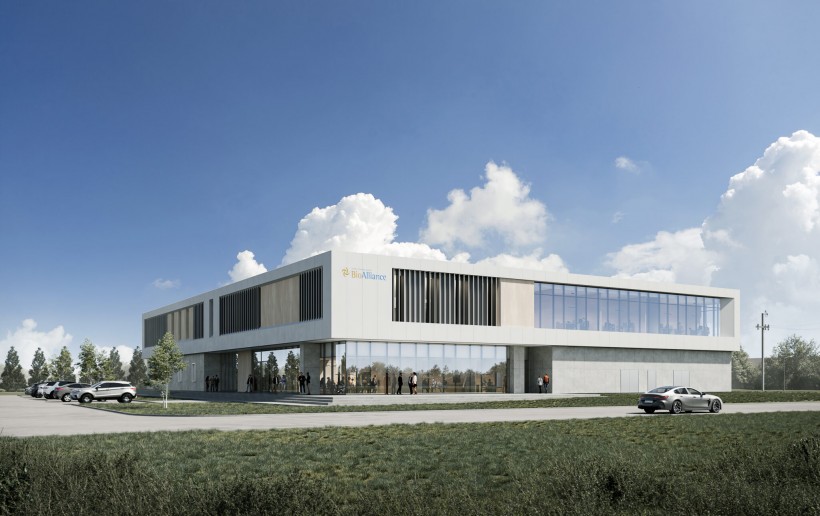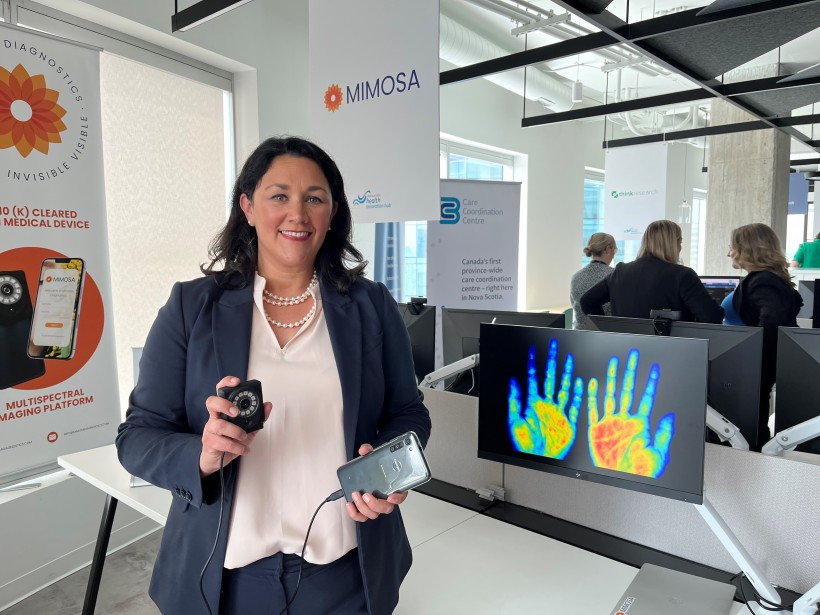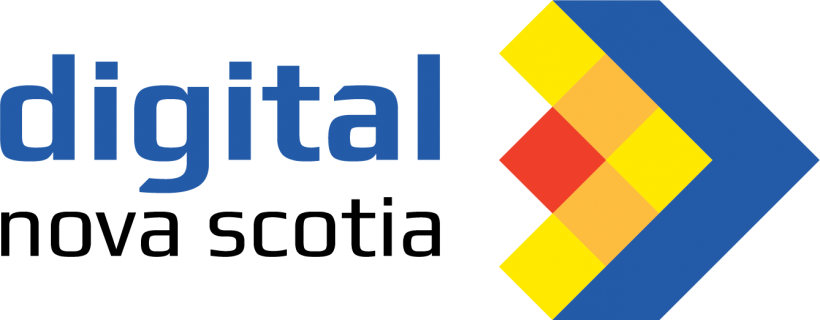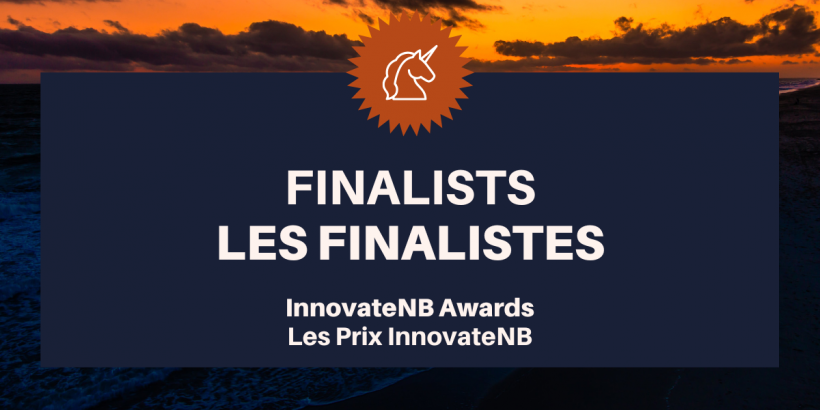MIMOSA Diagnostics, the Halifax- and Toronto-based maker of a medical device for non-invasively assessing tissue health, has raised an undisclosed funding round as it launches in its beachhead market, the United States.
The raise took the form of a convertible debenture — a hybrid debt and equity financing instrument that gives investors the right to purchase shares later at a predetermined price. The round was led by Toronto-based Archerwill Investments, the provincial government-run Ontario Centre for Innovation, private equity shop XDL Group, and Halifax’s own Tidal Venture Partners.
MIMOSA has developed technology to diagnose conditions such as wounds and bedsores non-invasively via a process called tissue oximetry, which essentially uses light to measure tissue health.
Chief Executive Dr. Karen Cross said in an interview that the money from the funding round will go towards scaling the organization as it commercializes its product. This will involve hiring another 15 to 20 people in Canada, in addition to new, United States-based employees and the 11 who already work at MIMOSA.
Cross is a plastic surgeon and medical sciences PhD who was inspired to found MIMOSA in 2016 after her grandfather died from a leg injury that failed to heal properly. Her co-founder, CTO General Leung, is a magnetic resonance physicist.
“The raise is about U.S. commercialization,” said Cross. “The money is being put towards the infrastructure, the team, and manufacturing capacity for the growth and the scale that’s about to happen in the fall.
“What I’d call the ‘front end’ of the business … will have local salespeople in the United States, but the majority of the hires are happening still in Canada.”
MIMOSA already has United States Food and Drug Administration approval for its technology — a Class II medical device, meaning it is subject to stringent regulatory requirements. While the U.S. certification is not directly transferable to other countries, Cross said the testing framework for many jurisdictions is similar, simplifying the path to regulatory approval in Canada and Europe.
Cross said one of the device’s features is that it works well with patients of many different skin tones, including People of Colour, who have been underserved by existing tissue oximetry players.
That decision reflects a broader focus on inclusion at MIMOSA, which Cross said is particularly interested in reaching patients in rural markets like small-town Canada, where the available medical care tends to be limited. In terms of staffing, Cross said MIMOSA has reached gender-parity in its existing employee pool, and plans to maintain that as the team grows. She was also recently recognized by The Toronto Star as one of its Fourteen Canadian Entrepreneurs to Watch in 2023.
Looking further ahead, she plans to spend the next several years building out MIMOSA’s customer and manufacturing bases.
“Most of the growth plans for us really are around revenue generation — but not just the numbers,” said Cross. “It’s really about good quality customers, good quality institutions. It's truly about, Is this a relationship that can be a long-lasting relationship?"
She added that U.S. medtech buyers tend to prefer purchasing products made in North America, consistent with MIMOSA’s goal of manufacturing in Canada.
“It will be finding manufacturers who can produce what we have, because it is a small portable medical imaging device that takes a certain skillset,” she said. “The priority will be, as well, to try to keep this in Canada as much as possible. We are keen to work with Canadian manufacturers in the long term.”








